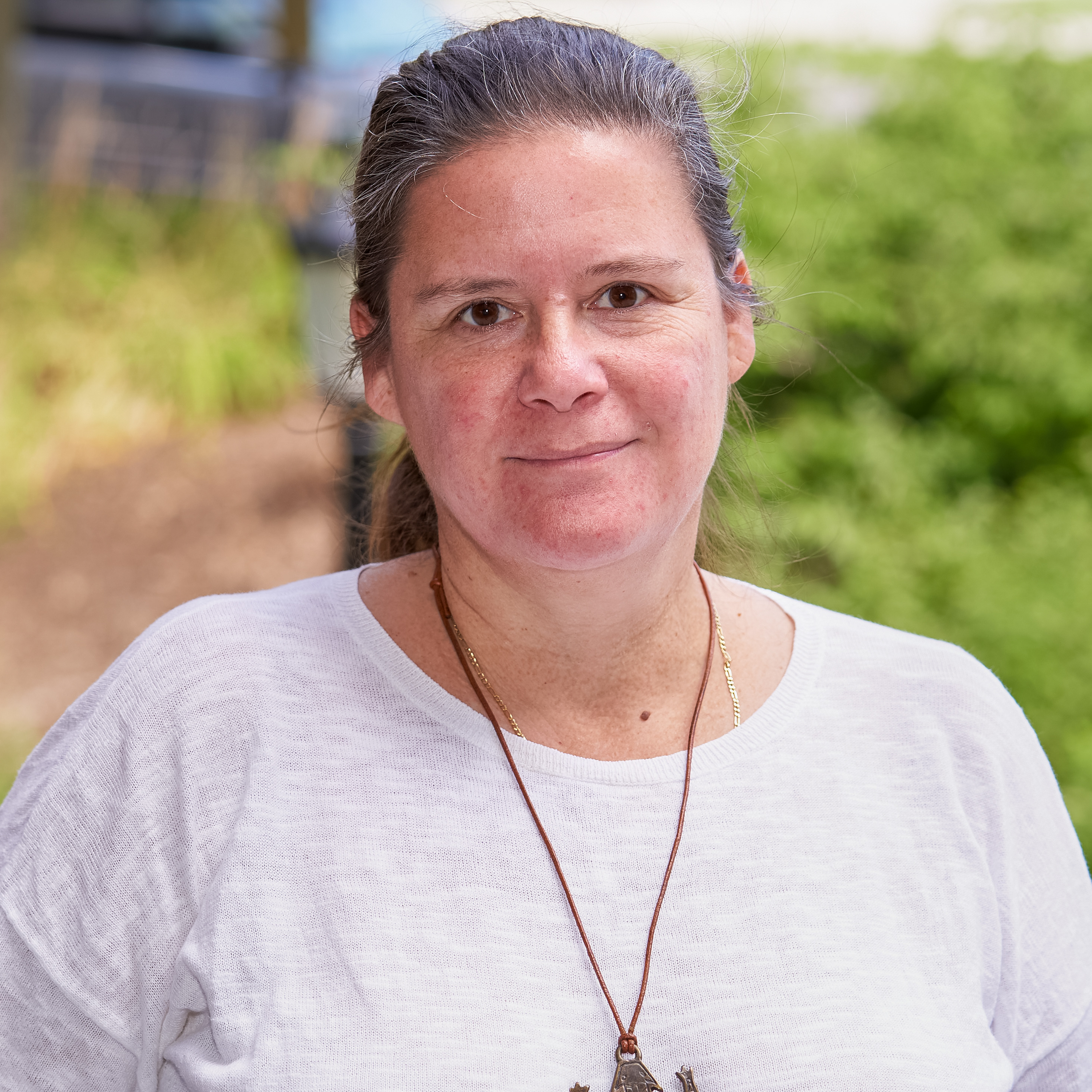Forms
First-Year Mentoring Plans
- EEB Mentoring Plan Part 1
- PB First Year Mentoring Plan Part 1
- EEB/PB Mentoring Plan Part 2
- PB Master's Mentoring Plan Part 1
Annual Reports
Qualifying Exam
Graduate School Forms
- Request Change Doctoral Committee Within 30 Days of Defense - EEB/PB
- Request Change Doctoral Committee BEFORE 30 Days Prior to Defense - EEB/PB
- Request for Final Oral Exam with the Graduate School (Due 2 Weeks Prior to Defense)
- Report of Dissertation Committee (sign after the defense)
- Co-Author Permission Form
Quick Links
- UT Graduate Catalog
- UT Course Schedule
- Student Accounts Receivable
- Graduate School - Thesis and Dissertation
- Out-of-State Tuition Waiver for TA's and GRA's
- International Student Insurance Waviers
- Student Emergency Funds
- Student Emergency Services - UT Outpost
- Grad Life
- Community, Access & Well-Being
Graduate Advisors

Kelly Zamudio
- Professor
- Endowed Fellow of the Doherty Regents Chair in Molecular Biology
- Integrative Biology
- Texas Field Station Network

Enamul Huq
- Professor
- Molecular Biosciences
- Interdisciplinary Life Sciences Graduate Programs
